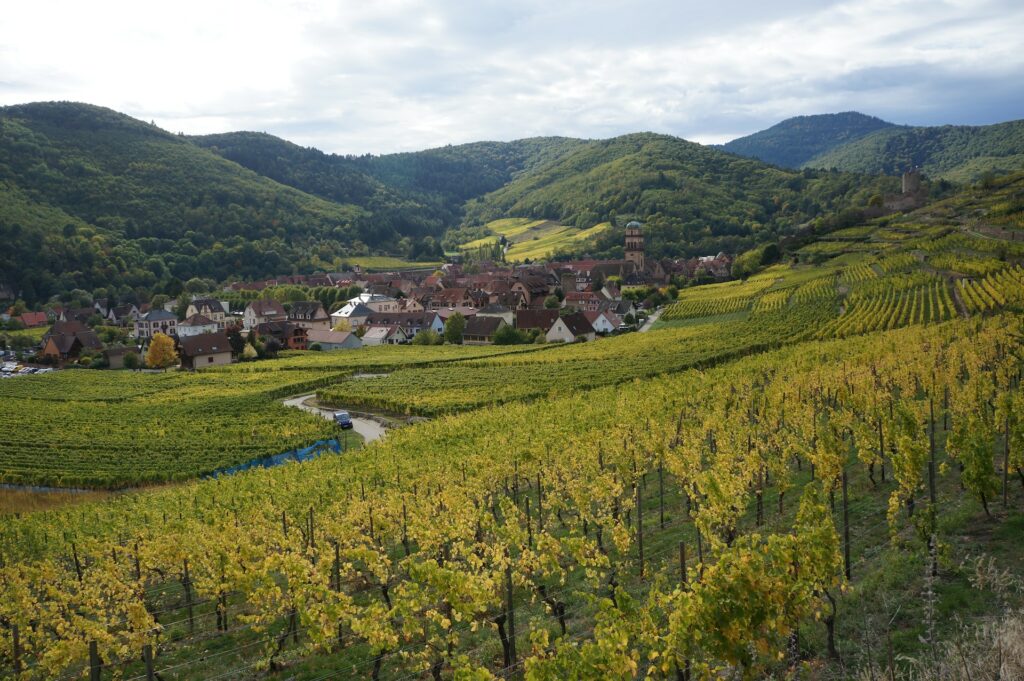Location: Ramonville-Saint-Agne (peri-urban area of Toulouse, South-West of France)
Time span of case: 2016-2022 community-based prototyping / 2018-2022 project co-design with local authorities / 2023-… operational deployment
Green SDGs focused on: 11.A; 12.2; 12.3; 12.4; 12.7; 13.3; 15.3; 17.7
Partners in the case: 100ème singe, collectif des 99 singes, Ramonville-Saint-Agne municipality, Sycoval intercommunality, Occitanie region, DDT agency (Departmental Direction of Territories)

In GOGREEN, we define the green SDGs as the following SDGs: SDG 6, SDG 7, SDG 11, SDG 12, SDG 13, SDG 14, SDG 15
The third-place incubator farm project aims at incubating and developing agro-ecological projects, raising ecological awareness and rebuilding social ties in peri-urban areas (near Toulouse, southwest France). The project is based on a citizens’ initiative launched in 2015, which is now being institutionalized through the MSC (Multi Stakeholders Cooperative), 100e Singe. The project for a third-place incubator farm was initiated by the town of Ramonville-Saint-Agne, which will draw on the experience and engineering of 100e Singe to deploy it within a framework of shared governance. Indeed, Since 2015, 100e Singe’s experience and expertise has already enabled the development of agro-ecological activities in the form of an archipelago of agricultural test areas in peri-urban zones that constitute the beginnings of a future “green belt” for the metropolis. There are currently 7 market garden incubation sites managed by 100e Singe, hosting more than a dozen producers testing their agricultural activities.
The project aims to address a series of problems:
After a co-design and financing research phase, they are now in the operational deployment phase. They are pursuing their 2023 objectives of:
The longer-term objective of this project is to multiply this type of farm-incubator around Toulouse to recreate a peri-urban green belt, with 100 agroecological market gardens re-established and over 150 ha of green lung preserved by 2030.
This website uses strictly-necessary cookies. To read more about WordPress cookies, click here. Please click on the ‘Accept’ button to continue on to the GOGREEN Project site.